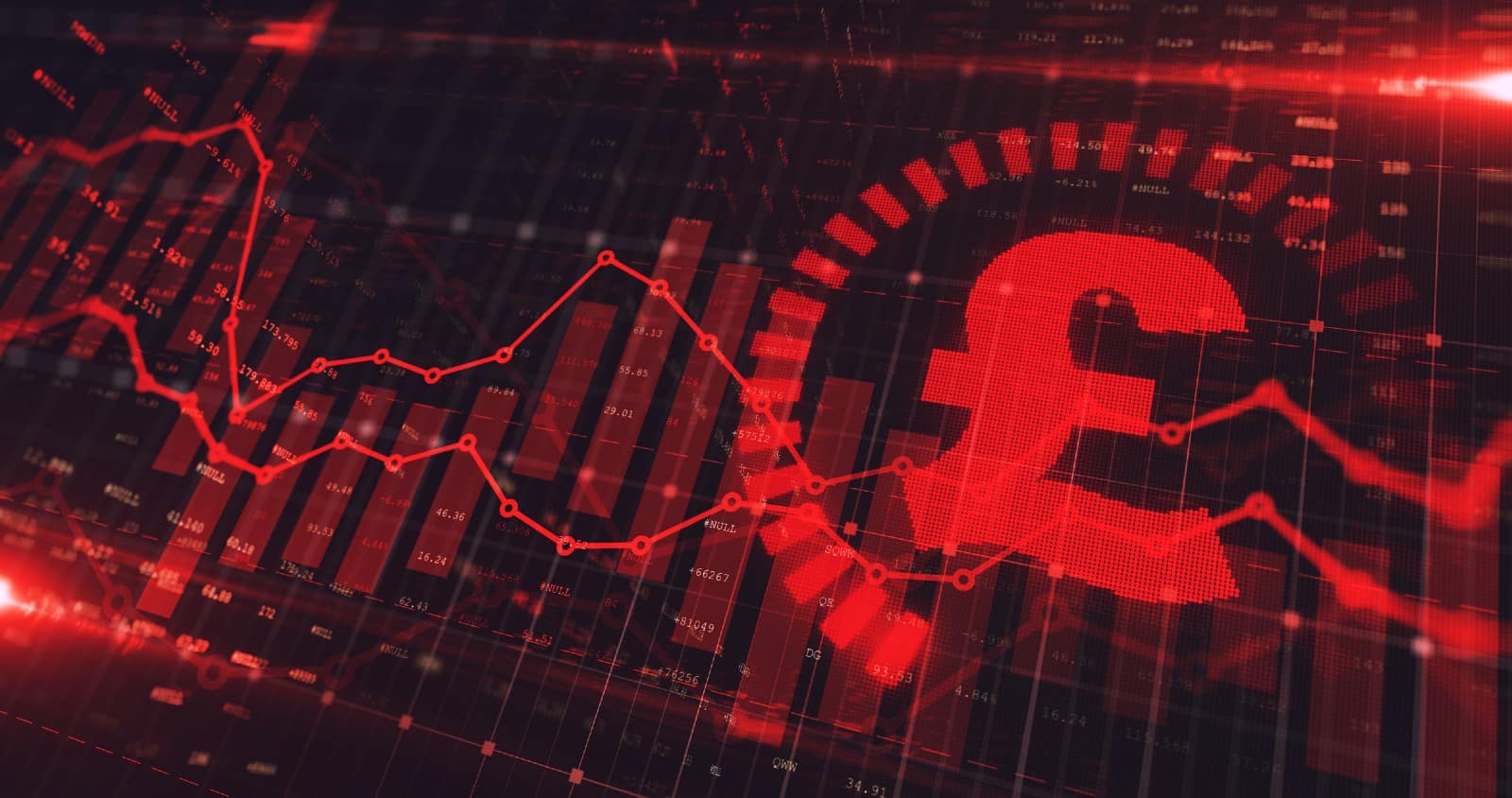As the FTSE 100 hits new highs, this rallying share still look cheap


The FTSE 100 recently surged to an all-time high above 9,150 points, riding the wave of a global stock market rally. Investors seem more enthusiastic about stocks as optimism grows around central bank rate cuts, particularly in Europe. The seven-day rally has since taken a breather but not before pushing the Footsie to record territory.
But that doesn’t mean every UK stock has benefited equally. In fact, some have stumbled. Centrica and SSE both declined amid pressure on energy prices, along with several FTSE 100 firms with US exposure. JD Sports Fashion, AstraZeneca and GSK have all dipped, likely reflecting caution ahead of the Federal Reserve’s next move on interest rates.
But one surprise winner has emerged from the pack – BT Group (LSE: BT.A).
Shares in the telecoms giant have surged 12.5% over the past seven days, making it one of the standout performers in the index. So is it too late to buy BT shares after the bounce?
Not necessarily.
Undervalued but debt-burdened
Even after its recent rally, BT shares still appear to offer value. The price-to-earnings growth (PEG) ratio stands at 0.81, suggesting that the stock may be undervalued relative to its expected earnings growth. While other valuation metrics such as the forward price-to-earnings (P/E) ratio are slightly above the market average, they remain within reasonable bounds.
The company’s dividend story’s less exciting than it once was, but still respectable. The yield now sits at 3.7% following recent price gains. That’s lower than in prior years, but the payout remains well covered, with a dividend payout ratio of 75%.
The group has also delivered consistent dividend growth of 2% annually over the past two years.
On the profitability front, it looks stable if not outstanding. The operating margin is a decent 16.3%, while the net margin is slimmer at 5.2%. Return on equity (ROE) is 8.3% – not spectacular, but acceptable for a capital-intensive business like telecoms.
The main red flag here is the balance sheet. BT holds £23bn in debt against £12.9bn in equity, giving it a debt-to-equity (D/E) ratio of 1.8. While not catastrophic, this level of leverage limits flexibility and could weigh on future returns if interest rates remain elevated. Currently, it’s at risk of not meeting profit targets due to delayed payments from struggling rival TalkTalk, which could hurt the share price and deepen the debt gap.
That said, the recent rally appears to reflect renewed investor confidence in the company’s long-term strategy — particularly its ongoing fibre rollout across the UK, which could transform its earnings base over the next decade.
Long-term sustainability
With the FTSE 100 sitting at record highs, value hunters might assume the best bargains have disappeared. But shares like BT Group show that opportunities still exist, even among recent winners.
Despite some financial pressure, its valuation, dividend coverage and long-term strategy make it worth considering. It may not be the best option on the index right now, but as a balanced play on income and growth, it still looks attractively priced today.
The post As the FTSE 100 hits new highs, this rallying share still look cheap appeared first on The Motley Fool UK.
More reading
- This FTSE 100 share’s almost doubled in 14 months! Have I left it too late to buy?
- Here’s what needs to happen for the BT share price to reach £5
- Should I add to my BT holding now, with the share price near a 12-month high?
- Near a 5-year high, is there still value in the BT share price?
- Investing £1,000 in BT shares 5 years ago: here’s how much could have been made…
Mark Hartley has positions in AstraZeneca Plc, GSK, and JD Sports Fashion. The Motley Fool UK has recommended AstraZeneca Plc and GSK. Views expressed on the companies mentioned in this article are those of the writer and therefore may differ from the official recommendations we make in our subscription services such as Share Advisor, Hidden Winners and Pro. Here at The Motley Fool we believe that considering a diverse range of insights makes us better investors.





